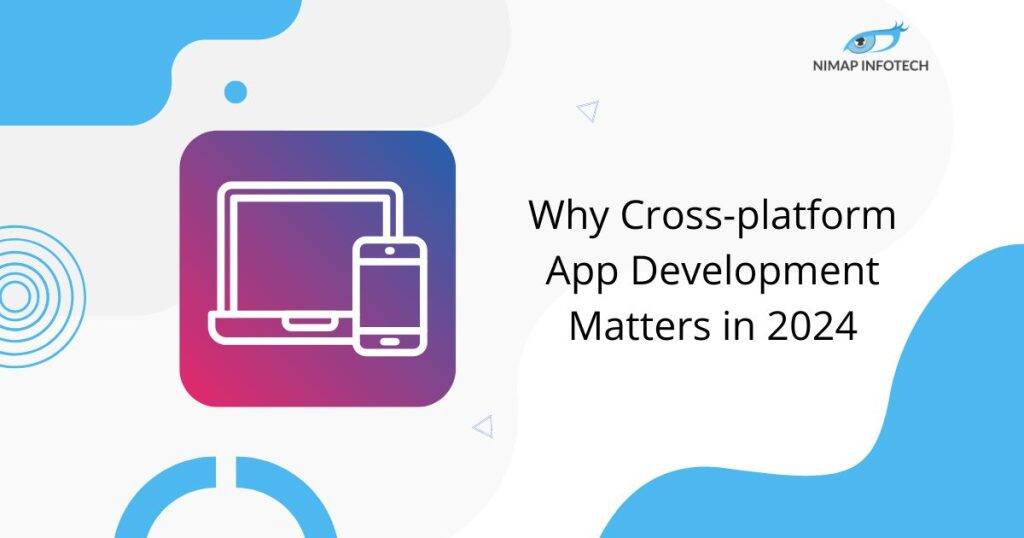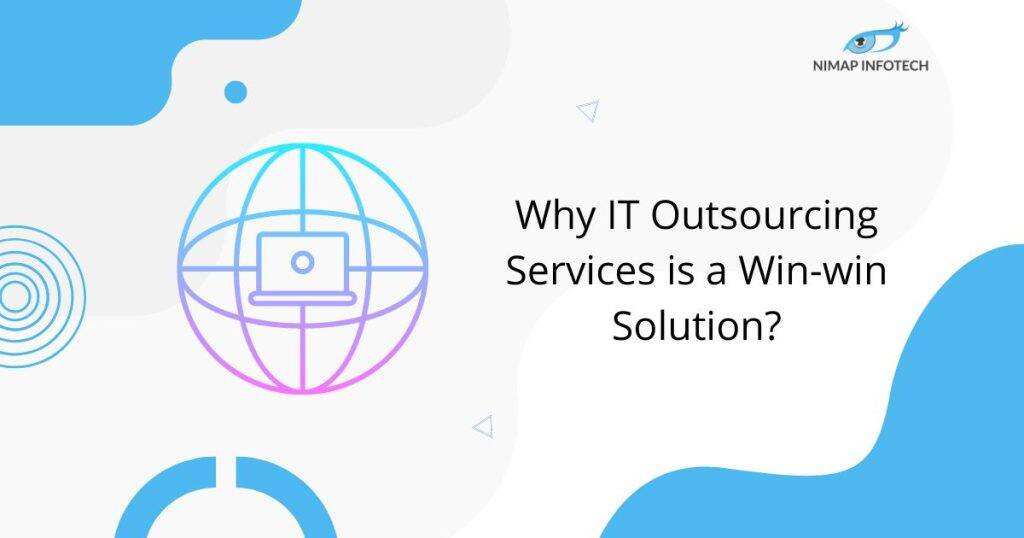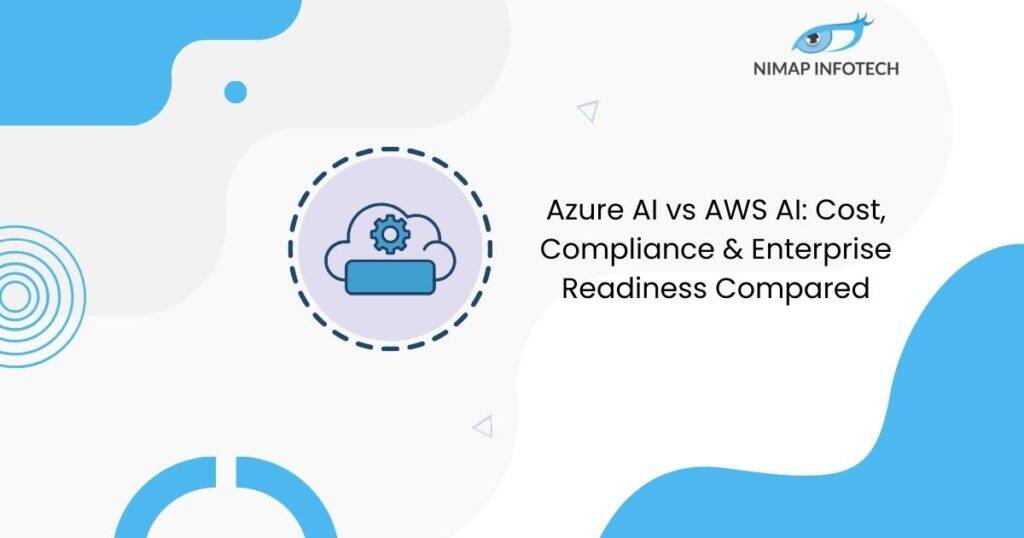Cross-platform app development makes the complex process of creating apps more accessible, especially for startups who are facing a lot of obstacles. Creating digital platforms is essential for reaching a worldwide audience in the current digital era. Startups frequently struggle with time and cost constraints, which makes using traditional app development techniques scary.
Cross-platform app development solutions and tools, however, allow them to get around these obstacles. Cross-platform mobile app development consolidates app creation into one framework, eliminating the need for separate OS versions.
Businesses can create several cross-platform mobile app development applications at a low cost and ensure competitiveness by creating hybrid apps that work on Linux, Android, and iOS. Cross-platform mobile app development empowers companies to establish a competitive and successful online presence using versatile solutions.
According to Persistence Market Research –
“Cross-platform app development frameworks provide a unified development environment and set of libraries that enable developers to develop mobile applications that can run on various platforms, utilizing a single codebase.”
The Inception of Cross-platform App Development
The demand for software applications, or “apps,” has significantly increased in recent years due to the widespread use of mobile devices. Millions of mobile apps have been developed as a result of this exponential expansion, and by the end of 2024, there will be four times as many cross-platform apps that are mobile-optimized.
To the layperson, a multi-platform mobile app solution is one that operates seamlessly across all platforms. This refers to the use of specific cross-platform development frameworks and programming languages by experienced cross-platform app developers.
A cross-mobile app platform is one on which you may create apps and services that work across different operating systems. Here, the developers produce multifunctional applications in response to the growing capabilities of operating systems and technology, making the apps accessible to all users. Custom mobile application development makes them more specific in order to cater to a wide range of users and create apps that work on several platforms.
What is the Cross-platform App?
There are many different operating systems, such as Windows, Mac, Android, and Apple. Companies can create applications that work on several platforms by using a single codebase; if not, they must rebuild the codebase for each platform.
Selecting the proper cross-platform app framework affects the app’s long-term scalability and simplicity of maintenance, in addition to its performance and appearance. The breadth and usefulness of the created apps can be increased using cross-platform development frameworks, which support a wide range of programming languages, provide large libraries, and facilitate simple interfaces with several APIs and plugins.
The creation of adaptable programs that offer a smooth and consistent user experience across several mobile operating systems is an area of expertise for cross-platform app developers. They make use of sophisticated frameworks to guarantee that a cross-platform mobile application runs on gadgets without a hitch. This approach optimizes development time and costs while increasing reach and engagement.
Why Does Cross-platform App Development Matter in 2024?
Developers can create apps that function with a single codebase by using cross-platform mobile app development, which lowers development expenses. It also aids in expanding the app’s user base. Cross-platform mobile app creation makes maintenance and updates easier by providing a uniform user experience across many platforms.
The development of mobile applications has become a crucial component of contemporary corporate strategy in the 2024 fast-paced digital era. As smartphones become more prevalent and mobile internet usage increases, the importance of mobile apps is increasing.
Here’s Why You Should Choose Cross-platform App Development in 2024
The importance and advantages of cross platform apps cannot be overstated as it provides a chance and reason to understand the importance of cross platform apps more precisely. Cross platform mobile app development can be challenging and expensive. Choosing the top cross-platform app development services does, however, make things a bit simpler.
Cost-efficiency
When it comes to understanding the benefits of cross platform app development we must appreciate how cost efficiency is one of the biggest advantages of incorporating cross platform app development. Creating a single codebase instead of distinct native apps for every platform lowers development and maintenance costs considerably. Cross-platform mobile app development is a desirable alternative because of these cost reductions, particularly for small and mid-sized companies trying to build a significant mobile presence.
Greater Market Capability
Businesses may reach more people by using a single app to target numerous platforms. This inclusion is especially helpful in areas where the market is dominated by both iOS and Android. Developing apps for multiple platforms expands market reach, ensuring maximum success by engaging all potential user bases.
Consistent User Experience
A cross-platform mobile app developer makes sure that the user experience is the same on various platforms and devices. Sustaining a consistent appearance and feel improves consumer pleasure and adds to brand consistency. Positive ratings and user retention are fostered by this flawless experience, which is important for any app’s success and reputation.
Effective Maintenance and Updates
Cross-platform software updates and maintenance are more effective when done with a single codebase, using less resources and reducing user downtime.
Ability to Adjust to Market Trends
Businesses may stay competitive in dynamic contexts and swiftly adjust to shifting market trends and customer feedback with cross-platform development. This allows for iterative improvements.
Creating Native Features
Access to native functionalities is unaffected by cross-platform development, despite the focus on code reusability. By utilizing platform-specific features, developers may optimize their apps for every operating system. The combination of native functionality and cross-platform efficiency allows developers to design feature-rich, high-performance applications.
Innovation at Its Best With Cross-platform App Development
When you choose to build your applications with cross platform app development the software can be marketed quickly and efficiently as the developers need not require the need to rewrite the code to run on different platforms it can be created and stored on several other app jointly which implies that instantly you can reach out to your audience whether they are an Android user or iOS user.
Basic Product Maintenance
The creation of an app is hard. There are always tons of issues to fix and improvements to be done. It is not possible nor convenient for the developing team to focus on these challenges for multiple apps of a single firm. On the other hand, they might focus on fewer issues and find easier ways to make adjustments while developing cross-platform apps, as these programs require less code, may be produced more quickly, and are easier to maintain.
Platform Consistency
Engineers can maintain consistent in-app navigation while taking into account the UI and UX differences between iOS and Android thanks to cross-platform mobile app development. Designers can work on app design without interruption while guaranteeing a consistent user experience across platforms by making sure that discrepancies are maintained. By taking this strategy, apps may maximize usability and user pleasure by efficiently adapting to the distinct design principles and navigation approaches of both iOS and Android. Because it makes it possible to create apps that are both aesthetically pleasing and user-friendly while adhering to a variety of platform-specific design conventions, cross-platform app development is therefore quite efficient in situations where UI and UX requirements differ between different operating systems.
Learn Popular Cross-platform App Development Frameworks
Cross-platform app development frameworks are a game-changer for developers. They empower you to create mobile applications that seamlessly run on multiple operating systems like iOS and Android. These frameworks not only boost productivity but also cut down on costs. How? By allowing you to write code once and distribute it across various platforms.
Understanding the current landscape of frameworks is not just important, but crucial for developers aiming to create successful cross-platform mobile applications in 2024. This knowledge equips developers with the necessary tools and insights to stay ahead in the rapidly evolving app development industry.
Flutter Mobile App Development
Flutter is an open-source framework for developing cross-platform apps. To create apps with Flutter from a single codebase, you will need to use Google’s Dart programming language. However, Dart is simple to learn because of its syntax, which is comparable to those of C# and Java.
Critical Features of Flutter Mobile App Development
You can see real-time app enhancements after making code changes because of Flutter’s hot-reload capability. As a result, testing and debugging your app on the fly is simple. Flutter offers a vast array of customizable pre-built widgets for creating stunning and responsive UIs effortlessly. Flutter benefits from a large developer community, ensuring robust framework maintenance and comprehensive online support tools.
React Native
An open-source UI software framework is called React Native. Built on Facebook’s React.js, this tool creates native mobile apps for iOS, Android, macOS, Windows, and web browsers. Because it uses React Native, Meta immediately released its Ads Manager app on the Apple Store and Play Store.
Key Features
React Native utilizes native platform components and APIs, enhancing responsiveness and facilitating rapid UI updates. There are lots of third-party libraries on it as well.
Xamarin
Xamarin is an open-source framework for developing cross-platform apps that lets you share up to 90% of your code between popular operating systems like Windows, Linux, iOS, Android, and iOS. Engineers behind Mono developed it in 2011 based on the .NET framework and using the C# programming language, later purchased by Microsoft in 2016.
Essential Features
Xamarin leverages a number of valuable concepts, such as LINQ, Asynchronous Programming, and Lambdas. You may access native APIs and tools for Android, iOS, and Windows with complete support when you use Xamarin. As Microsoft runs it, Xamarin enjoys full and solid corporate support. It is especially popular with developers of mobile applications that use C, C++, and C#.
Full-stack development ensures adaptable mobile apps function seamlessly across various hardware and operating systems. Ensuring app compatibility across various platforms and devices is a significant challenge in mobile app design. Cross-platform solutions enable developers to create applications that perform efficiently across multiple platforms, a crucial aspect of full-stack development. This strategy broadens businesses’ reach and provides a consistent, improved user experience, thereby enhancing app success possibilities.
How Much Does Cross-platform App Development Cost?
App complexity, required features, development platform, team location, experience, and project timeline impact development costs. Contact our dedicated development team for an accurate app development cost estimate. As a leading cross-platform mobile app development company, we offer customized solutions and detailed project schedules.
Conclusion
Cross-platform app development is essential for business success in today’s extremely competitive industry. All digital service providers might not, however, precisely match your company’s goals. Nimap, a top cross-platform app development company, leverages React Native, Flutter, Ionic, and advanced technologies. Our expert developers create unparalleled apps, enabling clients to seize modern business opportunities and drive innovation. Get in touch with us and discuss the best strategy for creating a cross-platform application. Nimap provides top-notch services and solutions that are customized to meet your objectives.
Read More: Cross-Platform App Development Performance: A Comprehensive Guide
Author
-

Sagar Nagda is the Founder and Owner of Nimap Infotech, a leading IT outsourcing and project management company specializing in web and mobile app development. With an MBA from Bocconi University, Italy, and a Digital Marketing specialization from UCLA, Sagar blends business acumen with digital expertise. He has organically scaled Nimap Infotech, serving 500+ clients with over 1200 projects delivered.
View all posts








